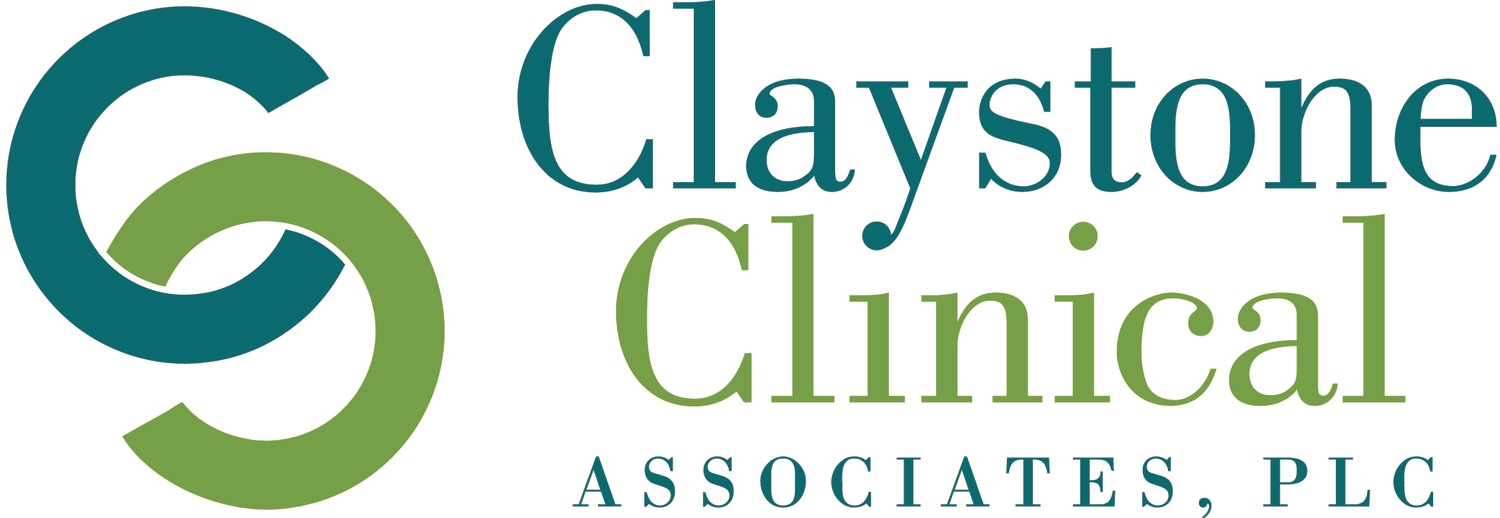The Intensive Outpatient Program (IOP) involves a structured program for individuals in need of a higher level of care and provides essential education and treatment components while allowing patients to apply their newly acquired skills within “real-world” environments. The IOP is ideal for stabilizing those individuals with a history of frequent relapse. Eligible patients have acute symptoms of depression and/or anxiety and may be at risk for relapse, may be stepping down from hospitalization, or wanting to prevent hospitalization. The program focuses on co-occurring disorders, meaning both mental health and substance abuse issues. Individual with mental health issues, such as depression, anxiety, and bipolar illnesses may need a higher level of care to prevent relapse or re-hospitalization. Many individuals struggle with more than one issues, and the IOP can be an important part of a comprehensive treatment model. The IOP is a 4 week program (12 sessions) that meet 3 days a week (Monday, Tuesday, and Thursday) from 6-pm, which accommodates most schedules. The program accepts individual’s age 17 and older.
Guiding Principles:
- Increase and maintain readily available substance abuse and mental health services
- Ensure ease of entry (there is no waiting period; this is an on-going program)
- Advanced degree therapists specializing in addiction help to build on existing motivation
- We work hard to enhance therapeutic relationships
- We make retention a priority; research shows that completion of the program helps prevent re-hospitalization
- Assess and address individual treatment needs through individualized treatment plans
- Provide on-going aftercare; we offer a step down approach into the Relapse Prevention group
- Monitor abstinence through self-report and random drug screening
- Provide medication monitoring to prevent relapse; on-site psychiatric services
- Incorporate community based supports to facilitate long term positive outcomes; we introduce and encourage 12 step participation
- Family involvement is offered monthly on designated dates at no additional cost
- After care out reach. Following completion of the program, we will check in on you at 90 and 180 days to ensure that you are continuing your aftercare plan.
Program Goals:
- Build support for abstinence through interactive group participation, and facilitating cognitive and behavioral changes that support long term lifestyle change
- Understand the pathophysiology of addiction
- Understanding your mental health issues to help reduce or manage symptoms
- Learn new, effective coping skills
- Interrupt self-destructive behaviors
- Develop relapse prevention skills (addiction and mental health)
- Begin and maintain the 12 Step Recovery process (such as AA or NA)
- Learn to make changes in emotional, cognitive, and communication styles that get in the way of recovery
- Learn to identify and work through depression, anger, anxiety, panic, trauma, relapse, and relationship challenges in healthy ways
- Develop a personalized recovery plan including concrete, specific, and measurable recovery goals and the actions necessary to meet these goals.
This program may be right for you if you are struggling with any of the following issues:
Addictions: Alcoholism, Illicit Drugs, Prescription Drugs, Eating Disorders (anorexia, bulimia, and binge eating disorders), Gambling Addictions, Internet Addictions, Sexual Addictions, Spending Addictions, and other addictions.
Co-Occurring Illnesses: Major depression, Anxiety disorders, Bipolar disorder, ADD/ADHD, PTSD/Trauma, Obsessive Compulsive disorder, Personality disorders, Chronic pain, and other illness.
Those persons who are currently in therapy will need a referral from their treatment provider (primary care physician, therapist, or psychiatrist). Individuals who are being discharged from the hospital will need a copy of the discharge summary faxed prior to entry into the program. Individuals who do not have a referral will need to schedule an appointment for an initial assessment with one of our substance abuse therapists, prior to beginning this group.
To enter this program (or to ask additional questions), please contact Sheryl at (616) 949-7460 x127. Most insurances are accepted.

